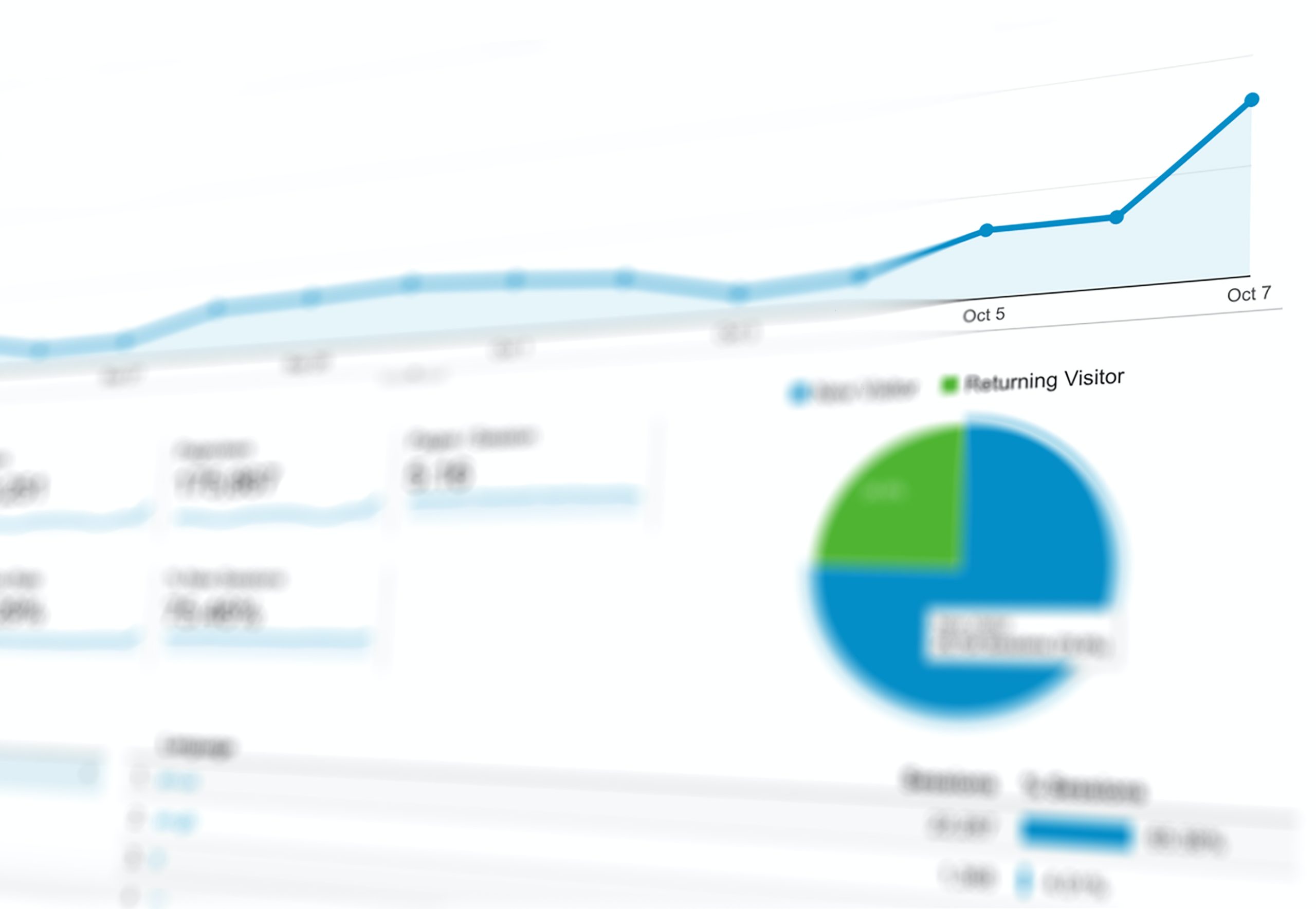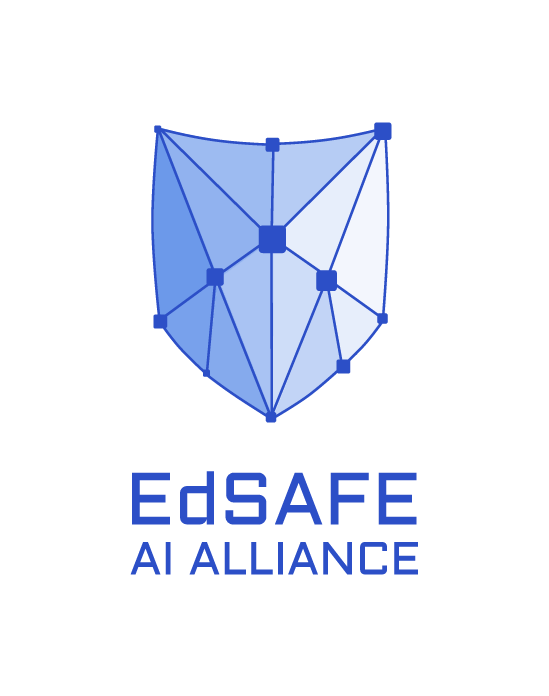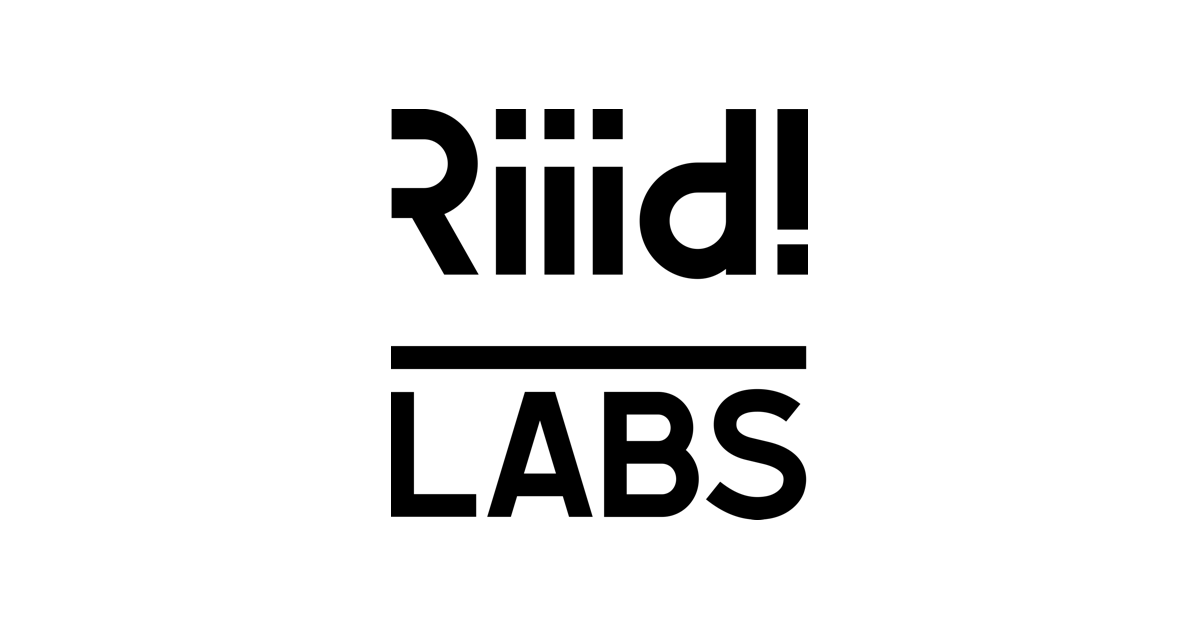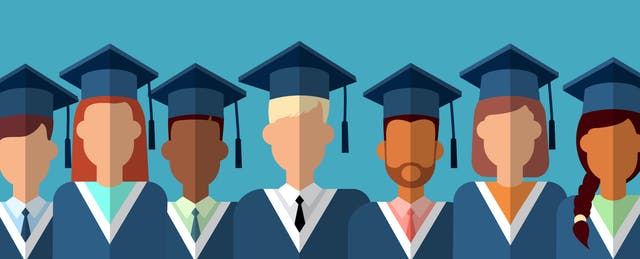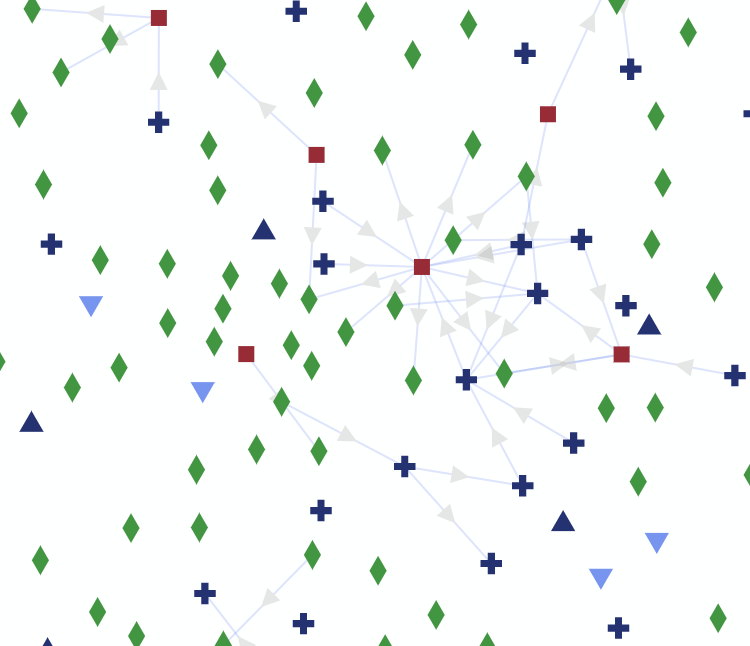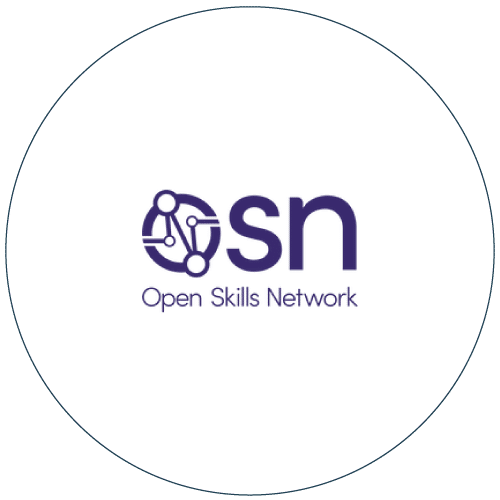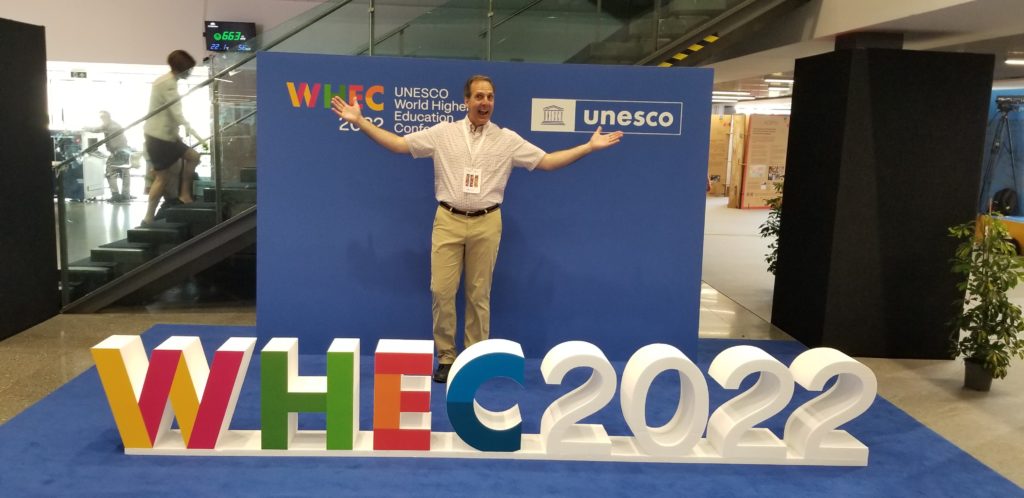
It was an honor to join with the approximately 1600 inspirational leaders and change makers, and to represent our DXtera community, at the UNESCO World Higher Education Conference (WHEC). This was the third time in the last 25 years that UNESCO and collaborators from around the world joined together to focus on “reshaping ideas and practices in higher education to ensure sustainable development for the planet and humanity.”
UNESCO considers the process of collective construction as the greatest richness of this conference, which aims to become a global conversation nurtured by diverse narratives on higher education. I took to this challenge to heart and had the opportunity to meet with and learn from colleagues around the world in sessions focused on the following types of topics (highlights only):
- Data and knowledge production and utilization;
- Sustainable development goals and Higher Education;
- Transformative Change Makers and Policy Initiatives;
- Machine Learning in Education;
- Digital disruption transformation;
- Digital Credentials;
- Application of AI in education
All of the sessions and meetings attended were infused with a spirit of open collaboration and the critical importance to act boldly to transform the education market to meet the equitable education goals of 2030 and beyond. I was pleased to meet up with DXtera collaborators and future collaborators including:
- UNESCO
- German Academic Exchange Program
- Learning Economy Foundation
- NetEDU Project
- TresiPunt
- Educate Ventures Research
- EDT Partners
- And many others . . .
A few of the key takeaways that resonated with me and our priorities at DXtera included:
- 1. A shared vision that the future of higher education must include efforts to ensure the learner, and the humans that provide education, must be at the center of the delivery focus. This includes ensuring the control over data and its use should be as proximal to the user as possible.
- 2. We need next generation technology systems and solutions. This must include open infrastructure to optimize the control and utilization of data while expanding the choices the consumers can utilize to select integrable products. We must find ways to limit the control of data to monolithic systems or providers and enable a choice-based environment to thrive.
- 3. Bold initiatives are required to develop the capability and policies to support the utilization of open data to improve the capabilities of solutions to deliver on the goals of the SDGs. This aligns with our Open Authentic Data Community that has been working on this issue over the last two years.
- 4. There is a shared belief that technology solutions enabled with Artificial Intelligence is a prime mechanism that will assist with closing the equity gaps in education. Our EdSAFE AI Alliance was welcomed as a beacon to collaboratively develop the SAFE benchmarks, frameworks and standards that will build the trust in the market to support this goal.
- 5. A clear priority to enable the use of Learner and Employment records as digital credentials. The call for open infrastructure that would make choices of technology solutions that bring these wallets, badges and validation processes to the market was loud and consistent. The Global LER open source ecosystem community is clearly focused on facilitating this process.
There were many additional priorities and collaborations to continue to explore that were launched at this once in a lifetime event. I, and I know the members of DXtera, are committed to collectively building open source solutions to address these matters. We look forward to joining with the world in these endeavors.


